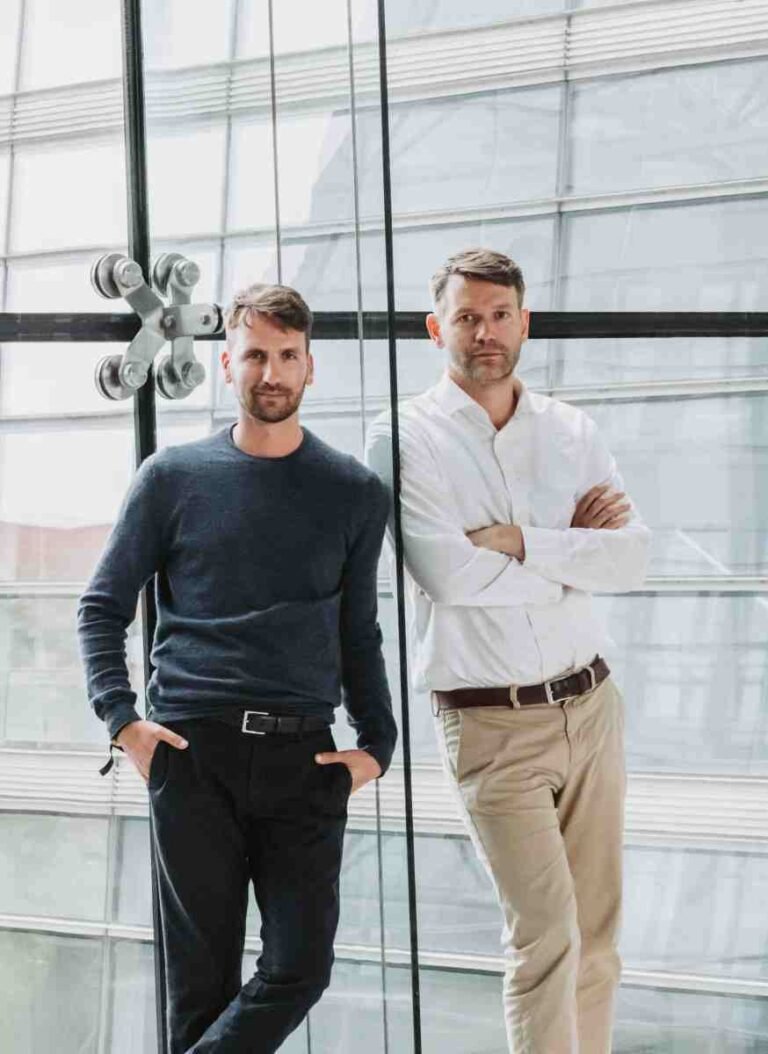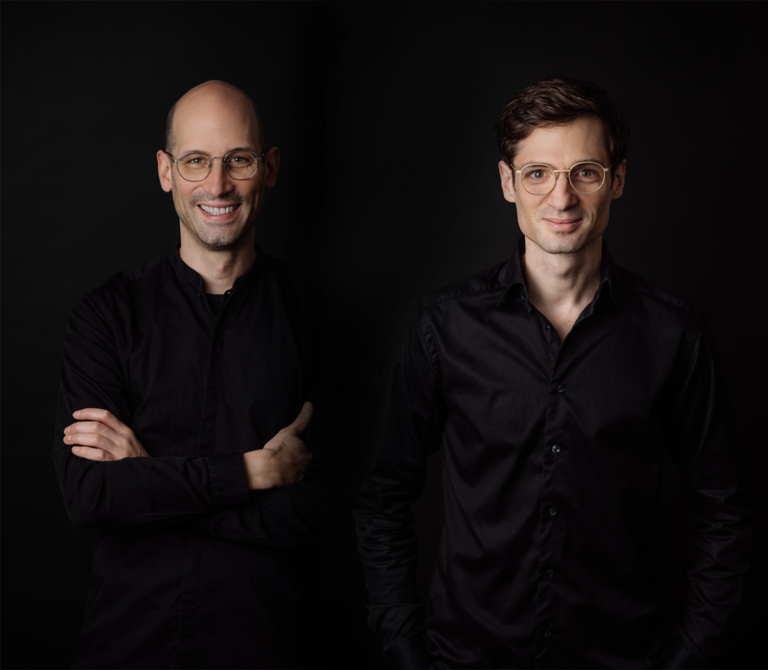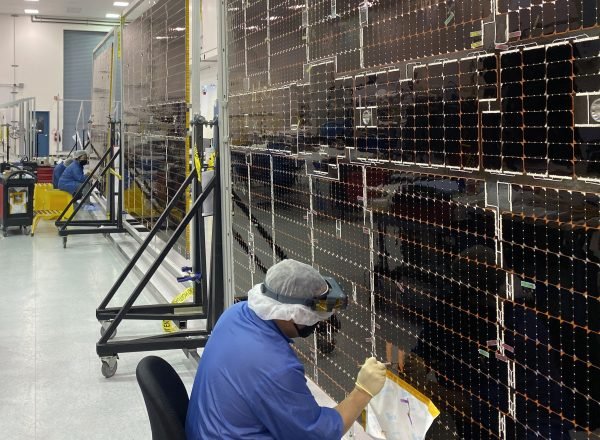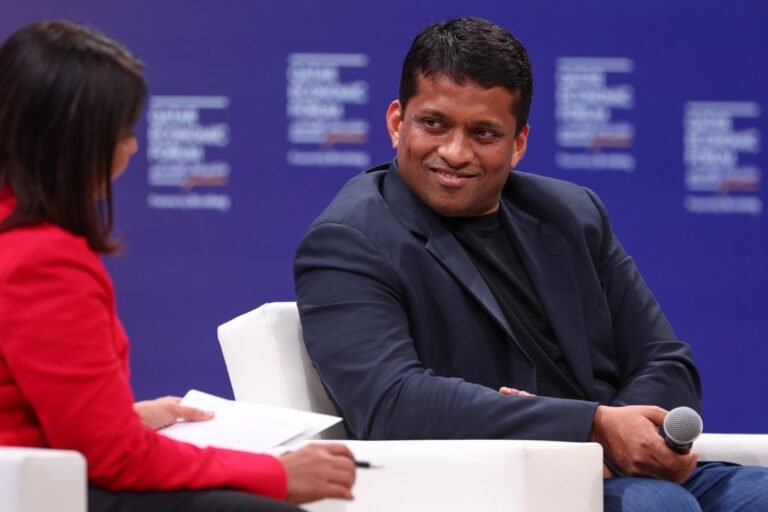
The economy remains on shaky ground in Europe, but there is some silver lining for enterprise startups: those building tools to help businesses run their finances in more steady and predictable ways are seeing a boost to their business.
“We are now poised to take the AccountsIQ product and service to the next level,” said Tony Connolly, founder and CEO of AccountsIQ, in a statement.
Thus, the prosaic accounting startup continues to get attention.
(AccountsIQ and its primary investor for this round, Axiom Equity, are not disclosing its valuation.)
In contrast, Cran says that AccountsIQ positions itself as the platform that businesses will move to as they scale up.

That’s according to Jonathan Sanders, CEO and co-founder of fledgling Danish startup Light, which exits stealth Wednesday with $13 million in a seed round of funding led by European VC giant Atomico.
The Copenhagen-based startup is reimagining general ledger software from the ground up, replete with AI to cleanse transactional data, while also enabling finance teams to ask plain-English questions and receive straightforward answers from their data.
Enterprise resource planning (ERP) software is king, packing support for CRM (customer relationship management), HR (human resources), project management, and perhaps the most crucial component of all, the general ledger.
And it’s this element of the ERP that Light is focused on dragging into the modern digital era, where AI increasingly rules the roost.
“Our mission is to be the first automated ledger for global companies,” Sanders told TechCrunch.

Tech sovereignty has become a looming priority for a number of nations these days, and now a startup working in semiconductors has received a major boost in aid of that effort for Germany and Europe.
The sum is one of the largest to date raised by a European startup working in semiconductors.
Black is a spin-out from the University of Aachen co-founded by brothers Daniel and Sebastian Schall (respectively the CEO and CFO).
The funding, a Series A, is important not just for its size but also because of the intention behind it.
Porsche Ventures and Project A Ventures are co-leads, with participation from Scania Growth, Capnamic, Tech Vision Fonds, and NRW.BANK.

Fresh off the success of its first mission, satellite manufacturer Apex has closed $95 million in new capital to scale its operations.
The Los Angeles-based startup successfully launched and commissioned its first spacecraft, a model called Aries, in March.
The company is on track to manufacture five Aries this year alone, Apex CEO and co-founder Ian Cinnamon told TechCrunch.
Apex was founded on the thesis that the one of the main bottlenecks facing the growth of the space industry was satellite bus manufacturing.
The company is approaching fifty people and that number is likely to double by the end of this year.

The funding, which would go to Rocket Lab subsidiary SolAero Technologies, would help increase the company’s compound semiconductor production by 50% within the next three years.
The funding would help the company build out its Albuquerque-based facilities and create more than 100 direct manufacturing jobs, Rocket Lab said in a statement.
Rocket Lab acquired SolAero, which operates a ~115,000-square-foot manufacturing facility, in 2022 for $80 million.
The company is one of just two in the United States that specializes in the production of space-grade, radiation-resistant compound semiconductors, or space-grade solar cells.
SolAero is highly vertically integrated: In addition to the solar cells, the firm also manufactures solar panels and power modules.

Crunchbase is expanding the scope of its tagging options in Europe to start tracking how much venture capital funding goes to minority founders on the continent.
Diversity Spotlight is a feature on Crunchbase that lets companies add tags to their profiles to label themselves.
Crunchbase is now making this feature available in Europe.
Crunchbase initially launched the Diversity Spotlight feature in 2020, and last year expanded it to add an LGBTQ+ tag.
Women globally, meanwhile, typically receive less than 2% of venture capital funding across the world.

Traffic is down, newsrooms are undergoing layoffs, and publishers fear that AI technologies will only make matters worse.
Entering the fray, news reader startup Particle is teaming up with publishers to seek out a new business model for the AI era, where AI summaries of news don’t have to mean lost revenues.
Now, the company is bringing its first publishing partners into the mix to help it guide its next steps.
As a start, Particle now subscribes to Reuters newswire to help it deliver information about current events in the news.
What Particle isn’t yet ready to reveal is its business model.

While funding for Italian startups has been growing, the country still ranks eighth in Europe by VC investment, according to Dealroom.
Newly created Italian Founders Fund (IFF) hopes to help with the catching up, both in quantity and in quality.
It will use this geographical flexibility to also back Italian founders operating abroad, as well as foreign startups interested in entering the Italian market.
It will also help that some of its LPs are GPs of foreign funds, and that it plans to back Italian founders with global ambitions.
Global Italian startups include Bending Spoons, the owner of popular apps and services like Evernote and Meetup, which is valued at $2.55 billion.

Welcome to Startups Weekly — Haje’s weekly recap of everything you can’t miss from the world of startups.
Image Credits: OdaHardware is hard, episode 234: We already knew that Humane’s Ai Pin launch was going anything but smoothly.
Image Credits: Sword Health / CompanyLive by the sword : Sword Health, an AI-powered virtual physical therapy startup, raised a $30 million primary funding round and a $130 million secondary funding round that brought its valuation to $3 billion.
: Sword Health, an AI-powered virtual physical therapy startup, raised a $30 million primary funding round and a $130 million secondary funding round that brought its valuation to $3 billion.
Where’s your head at: Austrian startup Storyblok raised $80 million to add more AI to its “headless” content management system (CMS) for non-technical people.

In a research note, HSBC estimates that the Indian edtech giant Byju’s, once valued at $22 billion, is now worth nothing.
The write-down in its estimation makes Byju’s one of the most spectacular startup slides in recent memory.
Those issues — coupled with abrupt resignations from its auditor and board members — contributed to derailing a $1 billion fundraise deliberation by Byju’s.
Prosus, one of Byju’s largest investors, publicly slammed the startup, alleging it “regularly disregarded advice” from the backer.
It stands to reason then, that in the research note HSBC also estimated the value of Prosus’ 10% stake in the Indian startup to be zero because of the ongoing legal cases and funding crunch.













